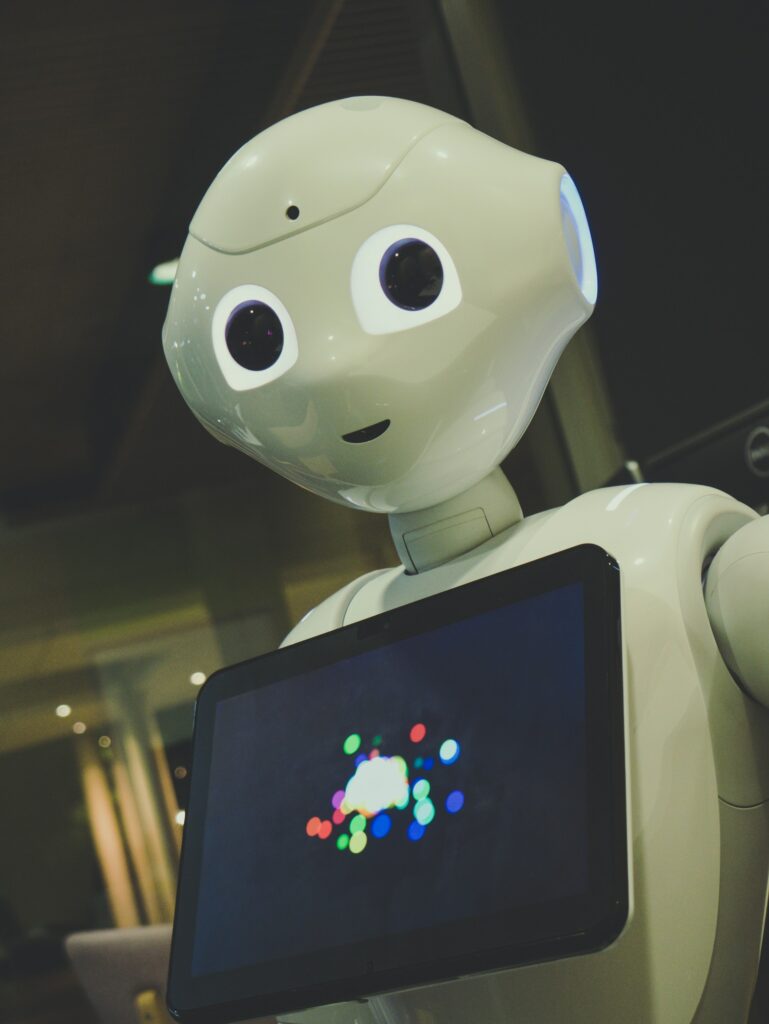In today’s digital age, few technological advancements hold as much promise and intrigue as Artificial Intelligence (AI). From transforming industries to reshaping daily life, AI has become a cornerstone of innovation, driving unprecedented progress in fields ranging from healthcare and finance to transportation and entertainment. In this article, we embark on a journey to demystify AI, exploring its origins, applications, challenges, and future implications.
The Birth of Artificial Intelligence
The concept of Artificial Intelligence traces its roots back to the mid-20th century when pioneering researchers began exploring the possibility of creating machines capable of intelligent behavior. The term “AI” was coined in 1956 during the Dartmouth Conference, where scholars discussed the potential of computers to simulate human intelligence. Over the decades, AI has evolved from theoretical conjecture to practical reality, fueled by advances in computing power, algorithms, and data availability.
Understanding Artificial Intelligence
Artificial Intelligence involves computer systems performing tasks that traditionally rely on human intelligence. These tasks span learning from data, recognizing patterns, decision-making, and adapting to new situations. AI comprises subfields like Machine Learning, Natural Language Processing (NLP), Computer Vision, and Robotics, each employing distinct techniques and applications.
Applications of Artificial Intelligence
AI has a profound impact across industries and daily life. In healthcare, AI transforms diagnostics, drug discovery, and personalized medicine, enhancing accuracy in diagnoses and targeted treatments. In finance, AI-powered algorithms analyze extensive data to detect fraud, optimize trading strategies, and assess credit risk. Moreover, in transportation, AI drives the evolution of autonomous vehicles, revolutionizing mobility and logistics.
Challenges and Ethical Considerations
Artificial Intelligence offers transformative potential but also raises significant challenges and ethical concerns. Issues like job displacement, algorithmic bias, privacy violations, and autonomous weapons have sparked debates on responsible AI development. Addressing these challenges demands regulatory frameworks, ethical guidelines, and stakeholder involvement to ensure AI benefits society responsibly.
The Future of Artificial Intelligence
As AI advances rapidly, the potential for innovation and disruption is immense. Breakthroughs in deep learning, reinforcement learning, and quantum computing are expanding AI’s capabilities and applications. However, these advancements also raise complex ethical, social, and economic implications. It is crucial to navigate these challenges carefully to realize AI’s full potential responsibly and inclusively.
Conclusion
Artificial Intelligence stands at the forefront of technological innovation, offering unprecedented opportunities to solve some of the world’s most pressing challenges and improve the quality of life for billions of people. From healthcare and finance to transportation and beyond, AI is reshaping industries, driving efficiency, and unlocking new frontiers of possibility. However, realizing the full potential of AI requires a thoughtful and holistic approach that addresses its challenges and ethical considerations, ensuring that AI serves the collective good and advances humanity towards a brighter future.

